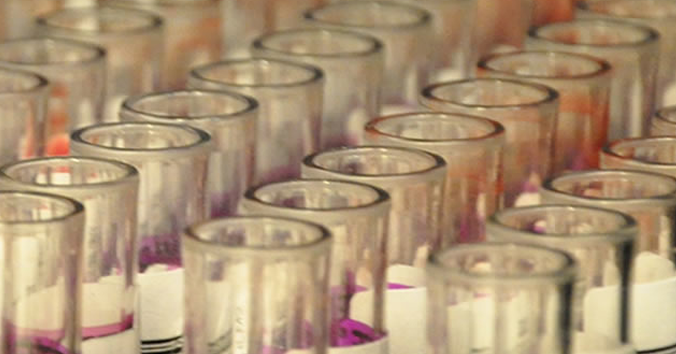Drug development requires that the drug is tested on patients in clinical trials. Not only the drug’s effectiveness is tested on the patients, but also its safety. Does the drug have serious side effects and what dosage is safe? Thanks to such clinical research, approved drugs can be provided with safety information, which enables doctors and patients to make informed decisions about drug treatment.
However, there are vulnerable groups that are often excluded from clinical studies, such as pregnant and breastfeeding women. But this protection of a vulnerable group can make the group extra vulnerable when deciding on drug treatment. If there is no evidence, it is not known whether the medicine the woman needs risks harming her, the fetus or the child being breastfed. It is also not known what dosage should be recommended. Perhaps the woman herself refrains from taking a medicine she needs, or receives advice from the doctor to refrain from it. Not because one knows that the medicine poses risks for the group, but because one does not know.
Are there other ways to obtain evidence on medicine safety for pregnant and breastfeeding women, besides clinical studies? Yes, there are, because pregnant and breastfeeding women must of course often use medication. Several registers already contain data from women who use medicines during pregnancy. In addition, pregnant and breastfeeding women using medicines may be engaged in additional data collection activities. Thus, there is already data as well as additional opportunities to collect data, without involving the group in clinical studies.
Josepine Fernow describes in Uppsala Reports such an attempt to compile existing data and expand the possibilities of collecting new data: the European project IMI ConcePTION. This project is developing several different paths towards better future safety information about drug treatment during pregnancy and breastfeeding. One challenge is to develop a technical infrastructure where data collected in different registers and in different formats are harmonized so that they can be collected and handled in standardized ways. Another challenge is to enable pregnant women to easily report relevant data about their medication use, for example via a mobile application. The project also tries to produce new data on breastfeeding and medicine use. For example, milk is collected and analyzed from breastfeeding women who use various medicines, in order to understand and predict how these medicines are transferred to the breast milk and in what concentration. Two of these breastfeeding studies are underway in Sweden. They are coordinated by CRB and we will write about them on this blog.
ConcePTION is also developing a knowledge bank that will be available online from the end of 2024, which will make the data and knowledge generated by the project useful. There are thus several avenues for research along which one can generate evidence for better safety information about various medicines for pregnant and breastfeeding women, without involving the group in clinical studies.
Read Josepine Fernow’s description of the project here: Making medicines safer for pregnant and breastfeeding women. There you will also find several links to the project and to the project’s publications.

Written by…
Pär Segerdahl, Associate Professor at the Centre for Research Ethics & Bioethics and editor of the Ethics Blog.
Part of international collaborations




Recent Comments